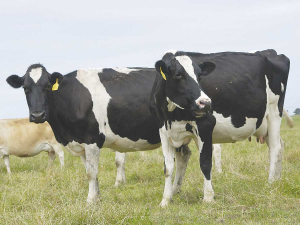Dairy cows with no access to outside pasture may have damaged emotional wellbeing.
That's the conclusion that researchers at Queen's University in Belfast in Northern Ireland have come to in a report just published in the prestigious journal Nature.
Over the past year, Dr Gareth Arnott, senior lecturer in animal behaviour and welfare at Queens says their research shows the psychological damage that lockdown can have on human wellbeing, but notes that "livestock lockdown" may also damage emotional wellbeing in dairy cows.
"In humans, negative moods are linked to pessimistic judgements, such as depression and anxiety sufferers tend to expect fewer positive outcomes in life. By contrast, happy emotions and moods are linked to more optimistic judgements.
"This study is the first of its kind to investigate whether dairy cows also have this judgement bias, and whether optimistic judgements can be used as an indicator of psychological wellbeing, which is important for animal welfare," he says.
Arnott says animal welfare scientists and dairy consumer have long been concerned that depriving dairy cattle of pasture access harms their welfare. He says pasture access can promote natural behaviour, improve cows' health, and cows given the choice spend most of their outside.
"However, the effects of pasture access on dairy cows' psychological wellbeing have been poorly understood."

















